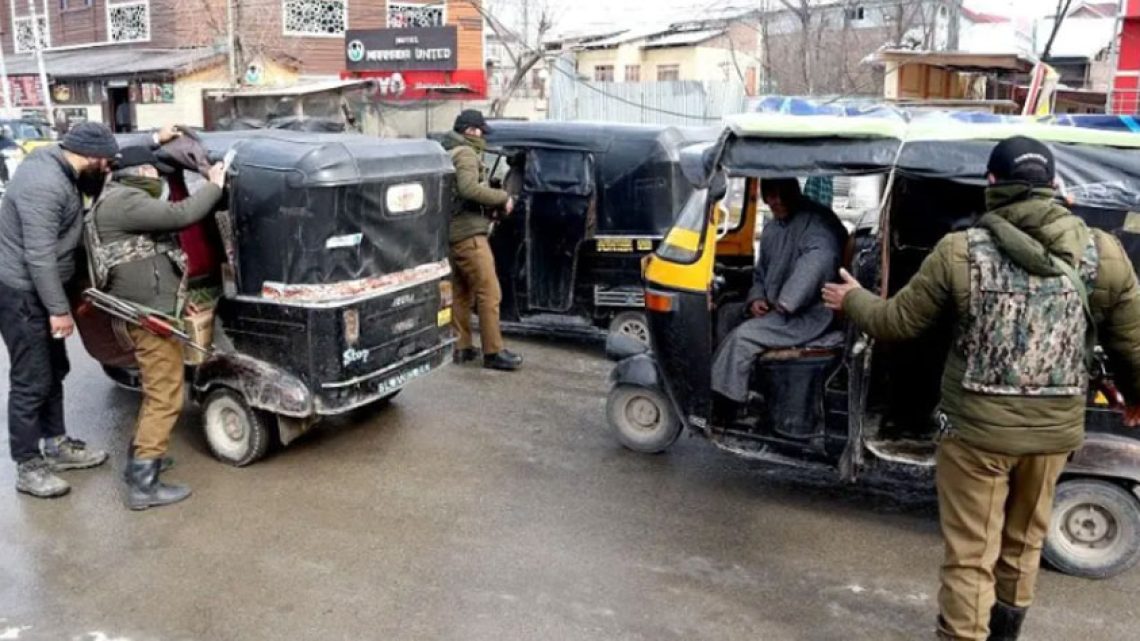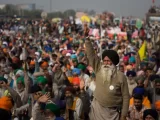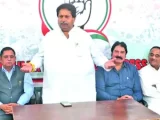
Enhanced Restrictions in Kashmir Ahead of Indian Prime Minister’s Visit
March 4, 2024In anticipation of Indian Prime Minister Narendra Modi’s scheduled visit to the valley on March 7th, strict security measures have been implemented across occupied Jammu and Kashmir. The move, aimed at ensuring the smooth conduct of the upcoming event, has resulted in inconvenience for the residents.
According to reports, the authorities have enforced a range of restrictions, establishing restricted access zones, particularly around the rally venue at Bakshi Stadium in Srinagar. Only authorized personnel are permitted entry into these areas, causing inconvenience to the local population.
To fortify major highways leading to Srinagar, multiple roadblocks and checkpoints have been set up, manned by Indian forces’ personnel equipped with advanced scanning equipment. Thorough inspections of vehicles and individuals entering the city are being conducted to enhance security.
Sensitive locations are under constant surveillance through a combination of manned patrols, electronic monitoring, and aerial surveillance using drones. An extensive network of strategically installed CCTV cameras closely monitors activities around the rally venue, adding an extra layer of security.
In an effort to maintain order, public gatherings and demonstrations have been strictly prohibited in the region during this period. This restriction raises concerns about the curtailment of civil liberties and the potential impact on the freedom of expression for the residents.
Highlighting the gravity of the security concerns, elite units, including the National Security Guard (NSG) and the Special Service Group (SSG), have been strategically deployed at the rally venue. This deployment contradicts the ‘all is well’ narrative promoted by the Modi regime, emphasizing the seriousness of the security situation.
The heightened security measures underscore the complexities surrounding political events in the region, with the authorities taking precautionary steps to prevent any potential security threats. However, the inconvenience faced by residents raises questions about the balance between security and individual freedoms.
Critics argue that such strict measures may exacerbate tensions in an already volatile region and further strain the relationship between the local population and the government. Additionally, concerns are raised about the long-term implications of enhanced surveillance and restrictions on civil liberties, highlighting the need for a delicate balance between security imperatives and the protection of individual rights.
As the region braces for the Narendra Modi’s visit, the impact of these security measures on the local population and the broader political landscape remains a subject of scrutiny and debate.

